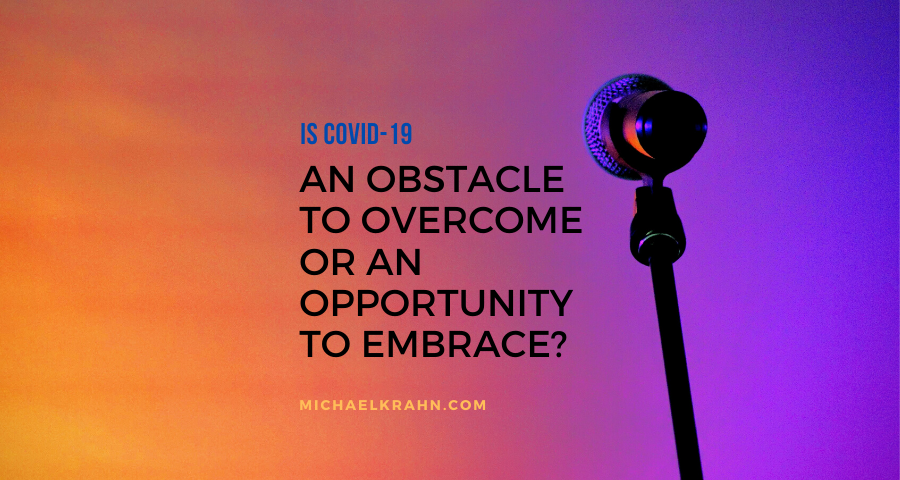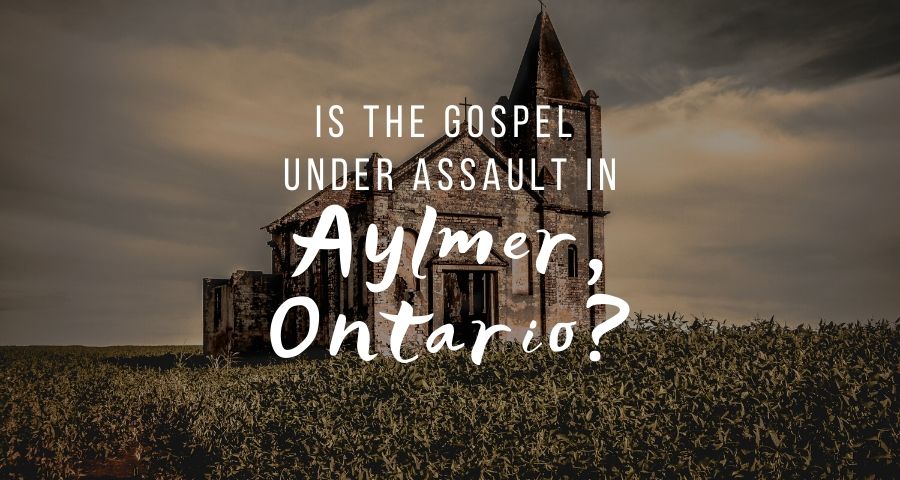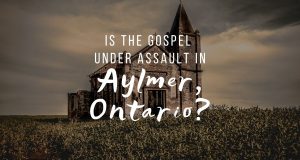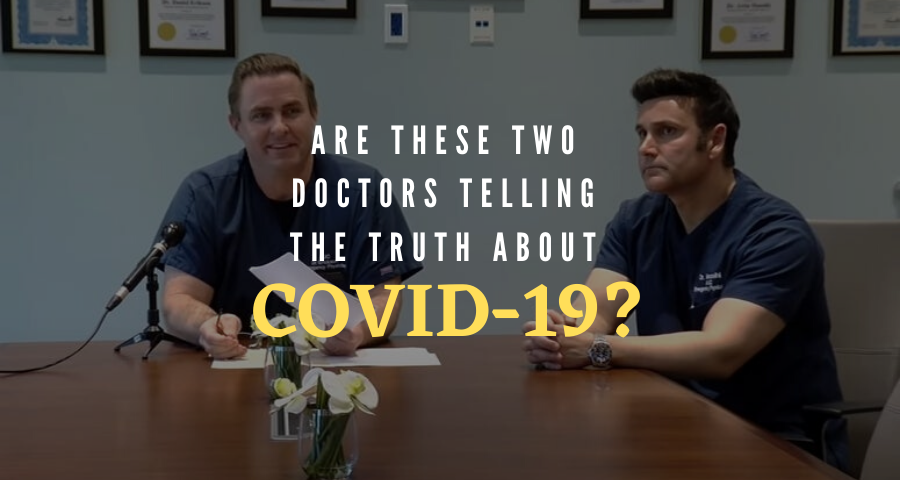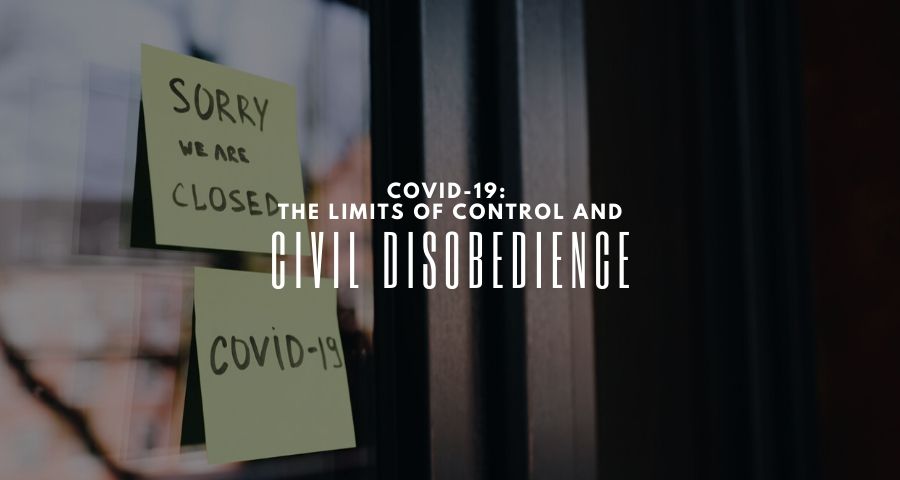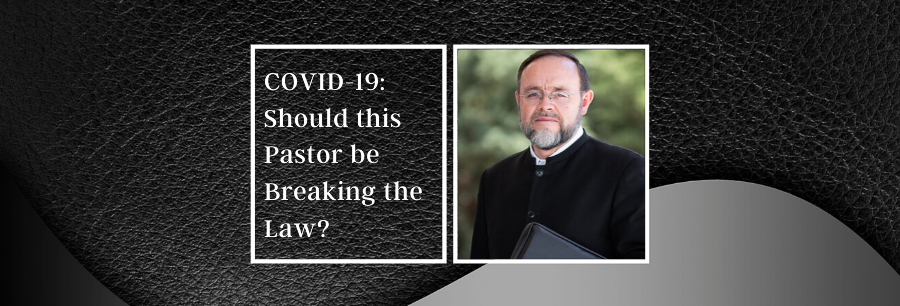In this time of suffering and uncertainty, are we primarily concerned with the preservation of our lives or the proliferation of the gospel?
You’ve never seen a river that runs in a perfectly strait line from beginning to end – not a naturally occurring river anyway. Why is that? It’s because as it flows it meets obstacles, and at every obstacle it collects until it either goes over the obstacle or finds another low spot to the left or the right and then it continues its journey. If one avenue is blocked, it will find another.
In Phil. 1:12 Paul writes, “I want you to know, brothers, that what has happened to me has really served to advance the gospel…” What had happened to him? We read of what Paul knew would, and did actually, happen to him in Acts 20:22-23: “And now, behold, I am going to Jerusalem, constrained by the Spirit, not knowing what will happen to me there, except that the Holy Spirit testifies to me in every city that imprisonment and afflictions await me.” He went to Jerusalem, got arrested, stood before the council, and evaded an assassination plot. He eventually ended up in prison in Rome, which is where he wrote his letter to the church at Philippi.
Paul knows that it is God’s will for him to go and to suffer, and one of the clearest points of Paul’s beautiful testimony to the church then and today is this: He is not primarily concerned with the preservation of his life, but with the proliferation of the gospel.
The Persistence of the Gospel
You might assume, as some did, that what happened to Paul would delay or even stop the spread of the gospel. But no, Paul says, quite the opposite. Despite what seem to be intimidating obstacles, the gospel is making unexpected progress! What has happened to him has actually, by God’s providence and grace, created a new avenue by which the gospel could advance.
Rivers make winding progress. They flow, they go around obstacles. Rivers are persistent, and the gospel is persistent in the same way. If you put a barrier in the pathway of the gospel it always finds a way to go over or around.
The chief obstacle for Paul was his imprisonment, but he saw this as no obstacle at all. In fact, he saw this as opportunity. By way of this opportunity the gospel is advancing in new areas. The message of the gospel cannot be stopped because it is the message of a God who cannot be stopped. It is futile to try to contain it; it cannot be contained. So Paul says, ”You might think this has set me back. But actually, it has put the gospel forward.”
Not An Obstacle to Overcome But An Opportunity to Embrace
Paul knew that many types of affliction would come, but he was confident that God would be at work in it all. He sees it as his assignment to be a willing vessel of affliction and to see that God’s plan is accomplished not despite his affliction – this wasn’t an obstacle to overcome – but because of his affliction – this was an opportunity to embrace.
As Paul writes this letter he sits in prison. He is suffering, and by way of his suffering the gospel is advancing. Long after Paul’s letter was written, Elisabeth Elliot said something that I’m sure Paul would have agreed with: “The will of God is never exactly what you expect it to be. It may seem much worse, but in the end it’s going to be a lot better and a lot bigger.”
It’s safe to say we’re in the “much worse” phase of God’s will right now. But we can look forward with hope and trust that in the end this will work out for our good and God’s glory. And the gospel will advance by way of this affliction if we see COVID-19 not as an obstacle to overcome but an opportunity to embrace.
Have your say:
